You're already living in the future of entertainment — you just don't know it yet. That building collapse in Netflix's "The Eternaut"? AI-generated. Those eerily perfect recommendations that keep you scrolling? Powered by machine learning algorithms processing hundreds of billions of your viewing decisions. And those AI-powered ads coming in 2026? They're going to know exactly what you want to buy before you do.
While Hollywood debates whether artificial intelligence will save or destroy creativity, Netflix is quietly building the most sophisticated AI-driven entertainment engine the world has ever seen. With over 300 million users generating massive datasets and AI tools already embedded in their production pipeline, the streaming giant isn't just adapting to the AI revolution — they're orchestrating it across every aspect of your viewing experience.
The billion-dollar algorithm that already knows you better than you know yourself
Here's what Netflix won't tell you in their marketing: over 80% of everything you watch comes from their recommendation engine, not your conscious choices. But this isn't the simple rating-based system you might remember. Netflix has evolved from basic collaborative filtering to something far more sophisticated — a foundation model that works like ChatGPT for entertainment, predicting not just what you'll click next, but what you'll want to watch weeks from now.
The technical leap is staggering. Netflix's new system processes hundreds of billions of interactions using semi-supervised learning — meaning it learns patterns from your viewing behavior that even you don't consciously recognize. Unlike traditional recommendation systems that struggle with new users or content, this foundation model solves the "cold start problem" by understanding your long-term preferences from day one.
Here's the kicker: this algorithmic precision saves Netflix over $1 billion annually in customer retention costs. When you stay engaged, they don't need to spend on winning you back. The system has become so accurate that it can extend viewing sessions by predicting exactly when you're about to stop watching and serving up the perfect next episode or film to keep you hooked.
But the real breakthrough is how it scales. Traditional recommendation engines break down when trying to process thousands of viewing events per user, but Netflix's foundation model uses sparse attention techniques to maintain millisecond-level response times while analyzing your entire viewing history. It's not just remembering what you watched — it's understanding why you watched it and what that means for your future preferences.
From special effects to entire shows: AI is already creating your content
While you've been debating whether AI can write a decent script, Netflix has already moved beyond that question entirely. Co-CEO Ted Sarandos recently revealed that "The Eternaut" featured the first fully AI-generated sequence in Netflix's final broadcast content — a building collapse that would have been impossible on the show's budget using traditional methods.
The transformation in production economics is immediate and dramatic. That VFX sequence was completed 10 times faster than traditional workflows would allow, and audiences couldn't tell the difference. More importantly, the entire film's budget roughly equaled just the VFX costs on "The Irishman."
This isn't just about cheaper effects — it's about democratizing high-end production capabilities. Netflix's Media Production Suite now uses AI to handle the massive data flows that modern productions generate. With an average Netflix title creating 200 terabytes of original camera files (some reaching 700 terabytes), AI systems automatically categorize characters, storylines, emotions, and cinematography, freeing creators to focus on the creative decisions that actually matter.
The ripple effects extend beyond individual productions. Netflix's AI-driven script analysis tools can now evaluate screenplays for audience appeal, helping de-risk the massive content investments that drive the streaming wars. While the company doesn't use AI to write original scripts, these tools can predict which stories will resonate with specific audience segments before a single frame is shot.
The AI-powered future of streaming that's coming whether you're ready or not
PRO TIP: Start paying attention to how Netflix's interface changes over the next two years — you're witnessing the birth of truly personalized entertainment that adapts to your preferences in real-time.
By 2026, Netflix will roll out AI-generated advertisements that represent a fundamental shift in how streaming monetization works. These aren't just targeted ads — they're dynamically created content that adapts to your viewing behavior, appearing during shows and when you pause, essentially turning every advertising moment into a personalized experience.
The gaming division is experiencing the same AI transformation, but with even more ambitious goals. Mike Verdu, now VP of GenAI for Games, says the technology will "accelerate the velocity of development and unlock truly novel game experiences" that would be impossible using traditional development methods. This isn't just about making games faster — it's about creating entirely new types of interactive experiences that adapt to how you play, potentially blurring the lines between gaming and traditional streaming content.
Meanwhile, Netflix's research teams are developing motion-controllable video generation that runs 26 times faster than existing methods. This breakthrough could eventually enable viewers to customize action sequences, camera angles, or even entire scenes in real-time, transforming passive viewing into an interactive experience where you become a participant in the storytelling process.
The convergence of these technologies creates something unprecedented: a comprehensive entertainment ecosystem where AI-generated advertising, personalized gaming experiences, and customizable content work together to create a uniquely tailored entertainment experience for each viewer.
What this means for your streaming future (and your wallet)
The industry consolidation that's coming will reshape how you consume entertainment entirely. Deloitte predicts that streaming subscriptions will peak at four services per household in 2025, then decline as AI makes high-quality content creation both cheaper and more personalized. Netflix is positioning itself to survive this consolidation by offering something competitors can't replicate: entertainment that's not just personalized, but created specifically for your preferences.
The consumer resistance data tells a complex story. While only 44% of streaming viewers are open to watching AI-generated content, and 47% think it will be worse than human-created shows, Netflix's strategy doesn't rely on consumer acceptance — it relies on consumer inability to distinguish AI-enhanced content from traditional productions.
The economic implications become clearer when you consider that Netflix has already designated generative AI as a risk factor in their SEC filings, acknowledging that "if our competitors gain an advantage by using such technologies, our ability to compete effectively could be adversely impacted." This isn't just about innovation — it's about survival in an industry where AI capabilities will determine which platforms can offer premium experiences at sustainable costs.
The streaming wars just became an AI arms race
Netflix's comprehensive AI strategy creates what business strategists call a self-reinforcing flywheel where each component strengthens the others. Massive user data improves personalization algorithms, which drives engagement, which generates more detailed behavioral data, which enables better content creation decisions, which attracts more users, creating an accelerating cycle of competitive advantage.
But here's what makes Netflix's position uniquely defensible: their competitors can't simply copy the technology because they lack the foundational advantage of over 300 million users generating hundreds of billions of interactions. Amazon, Disney, and Apple may have deep pockets, but they don't have Netflix's decade-long head start in entertainment-specific AI development or the massive behavioral datasets that make these systems effective.
The infrastructure requirements alone create massive barriers to entry. As global data center electricity consumption is forecast to double by 2030 to power AI systems, Netflix's early investments in AI infrastructure become strategic moats that competitors will struggle to replicate cost-effectively.
Ted Sarandos' philosophy captures the strategic approach: there's "a bigger business in making content 10% better than making it 50% cheaper". But Netflix's AI strategy achieves both simultaneously — reducing production costs while improving personalization, content quality, and viewer engagement across their entire platform.
Your next binge-watch might be recommended by AI, enhanced with AI-generated effects, interrupted by AI-created advertisements, and followed by AI-powered gaming experiences. The question isn't whether this future is coming — it's whether you'll notice the transition as Netflix gradually transforms from a streaming service into an AI-driven entertainment ecosystem that knows your preferences better than you do.




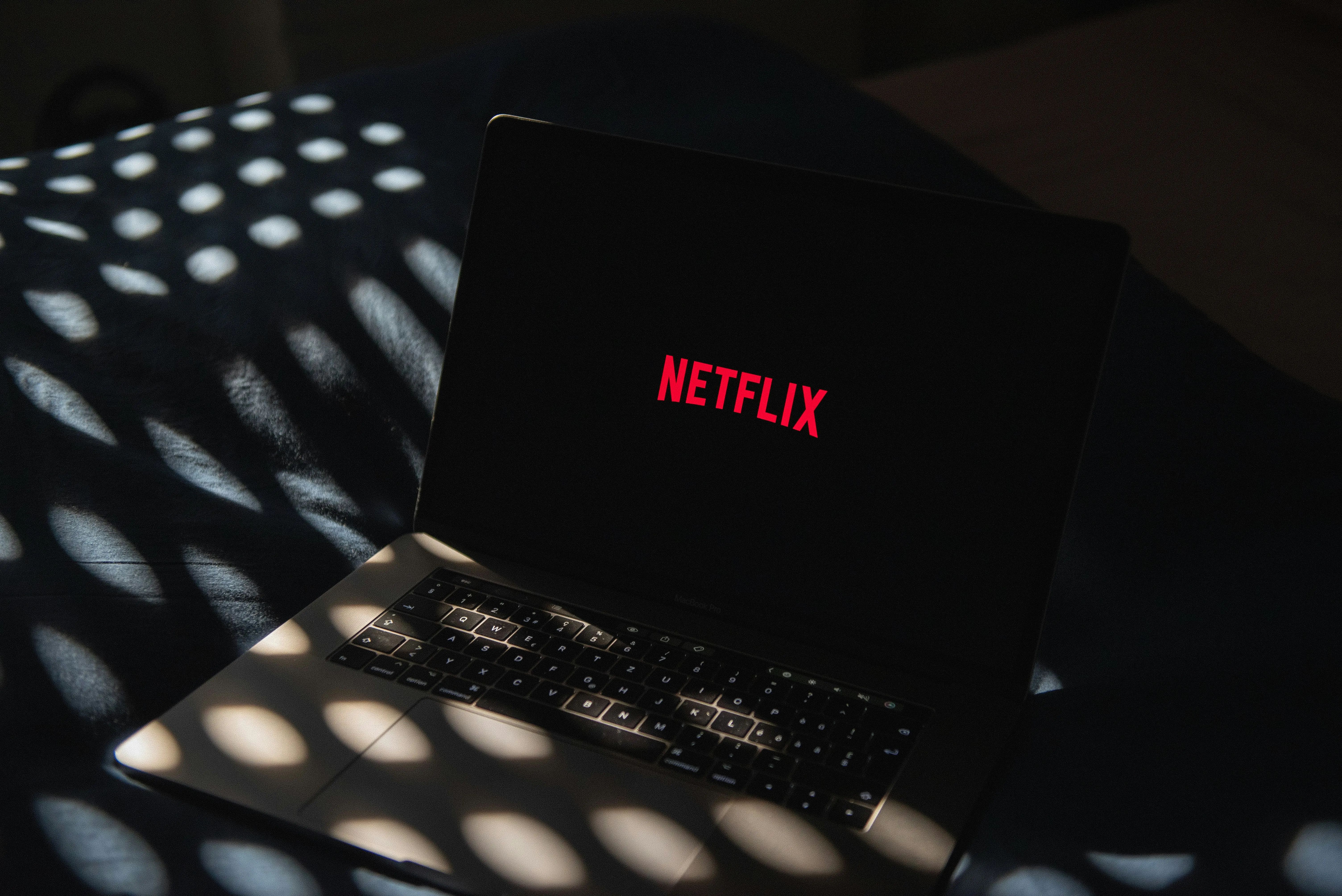

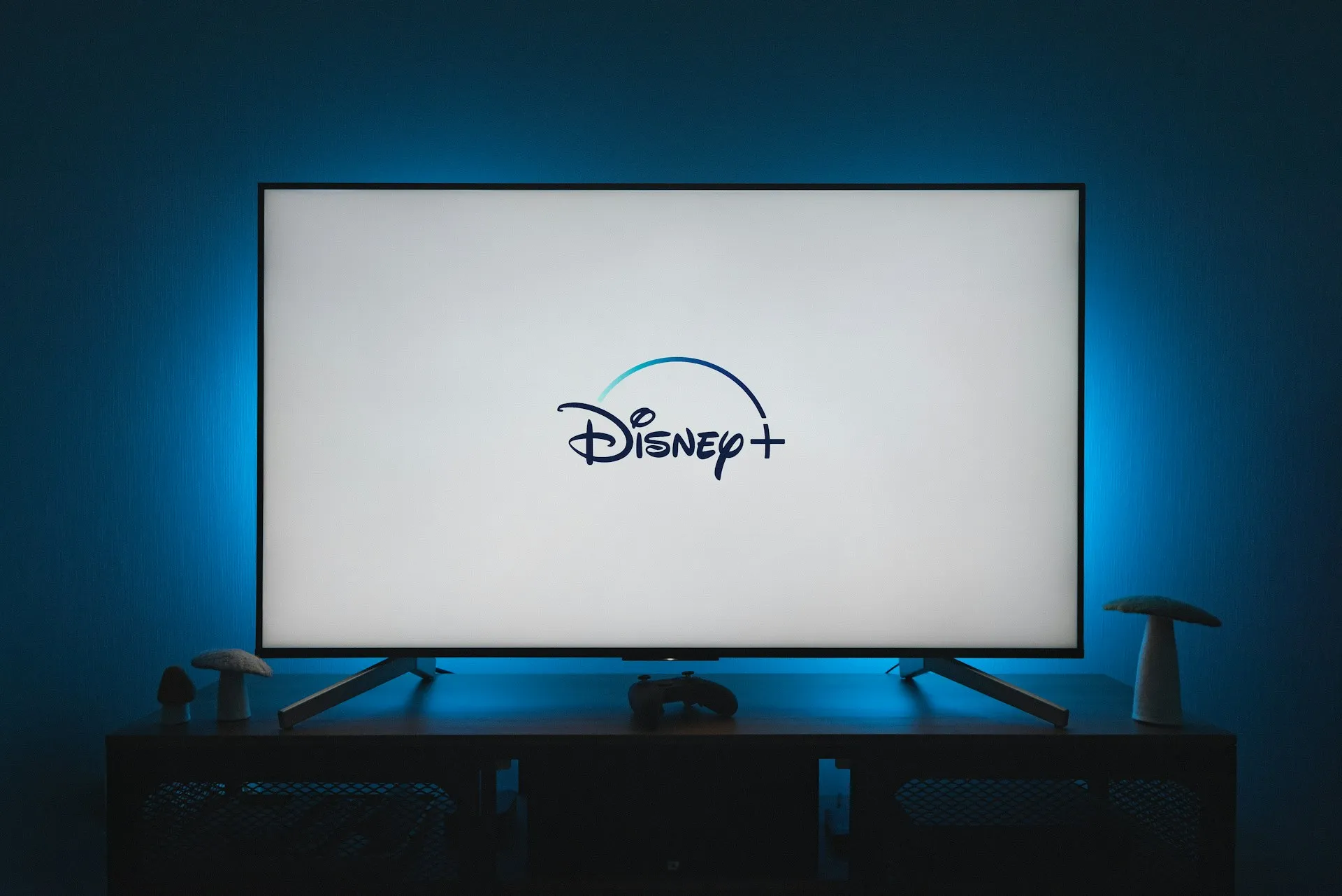






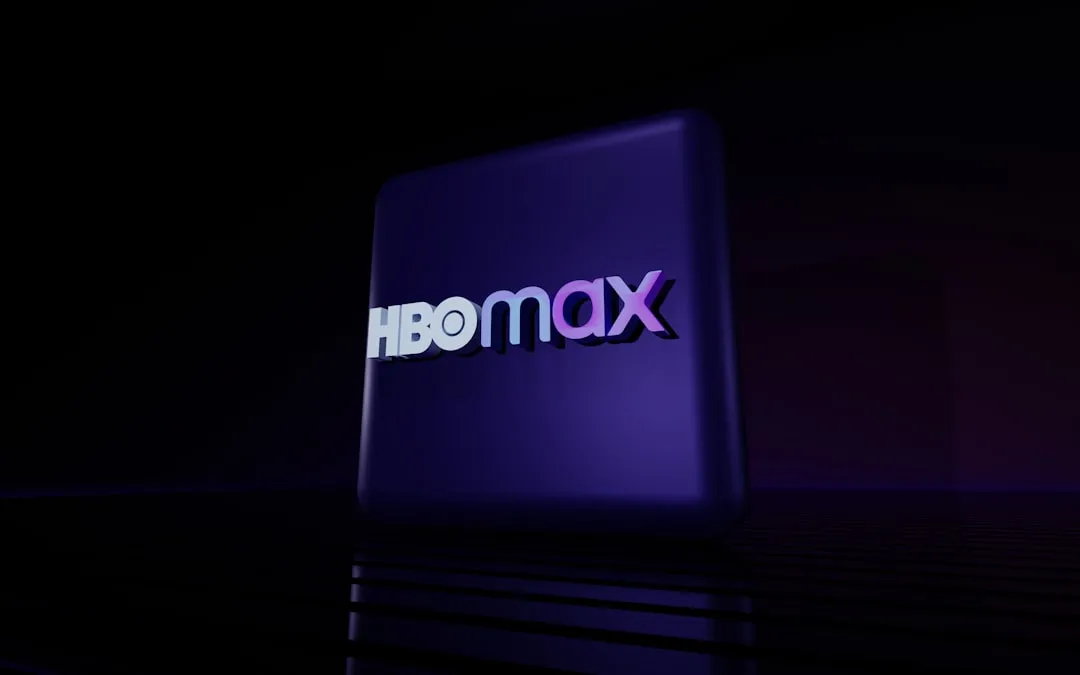




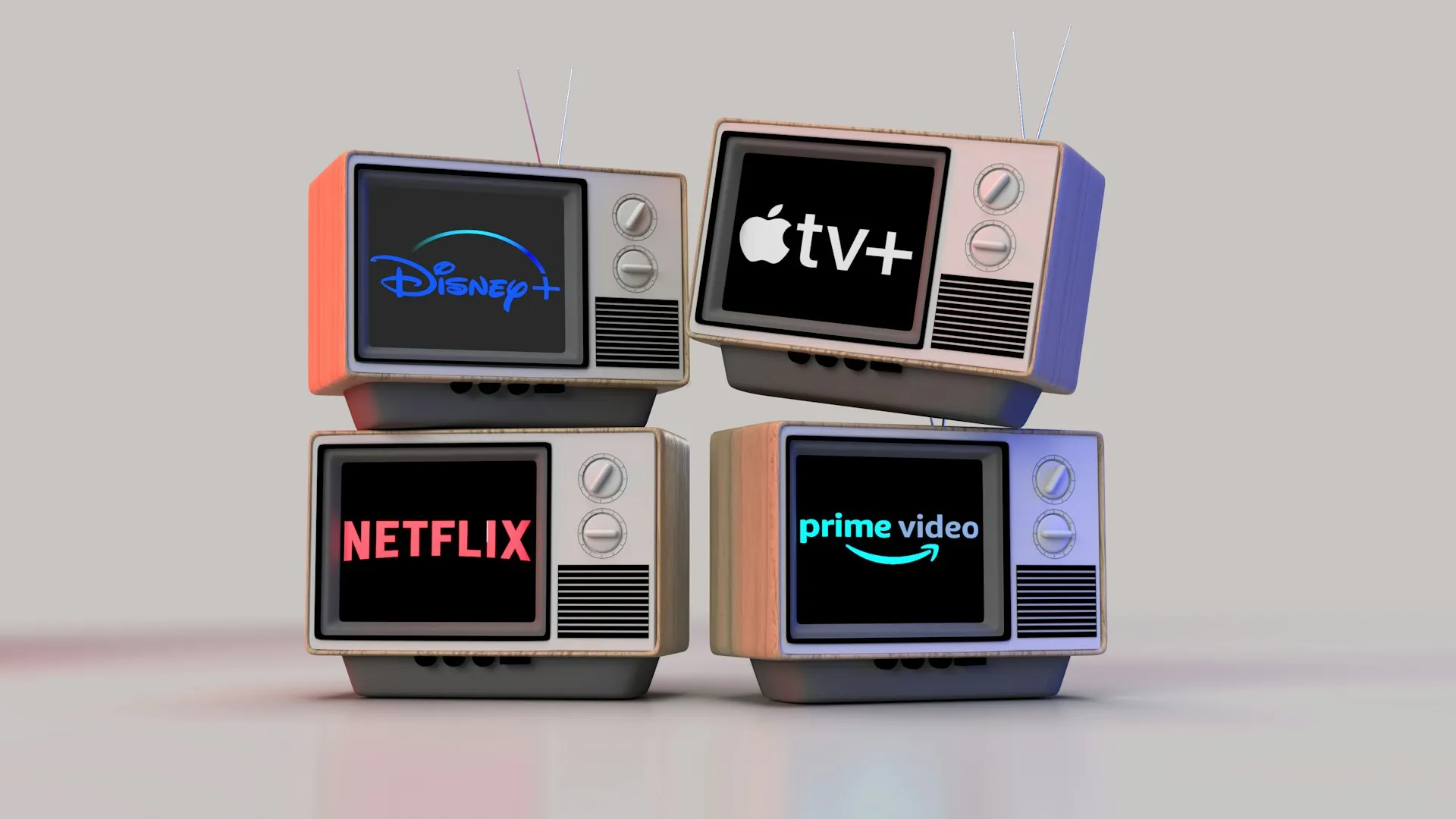
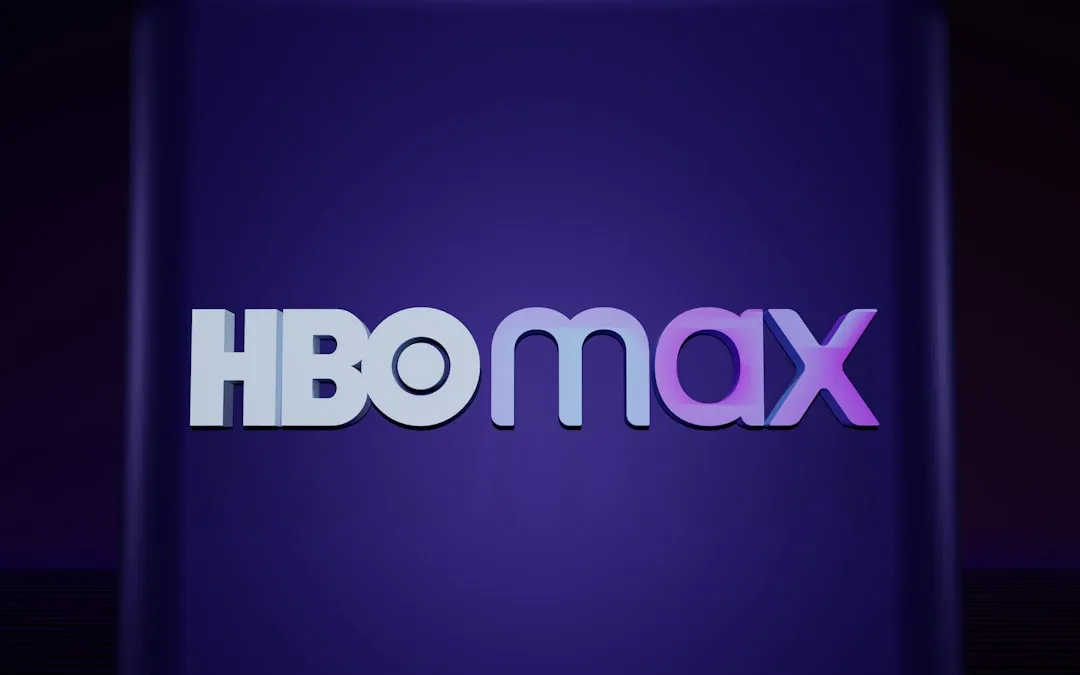
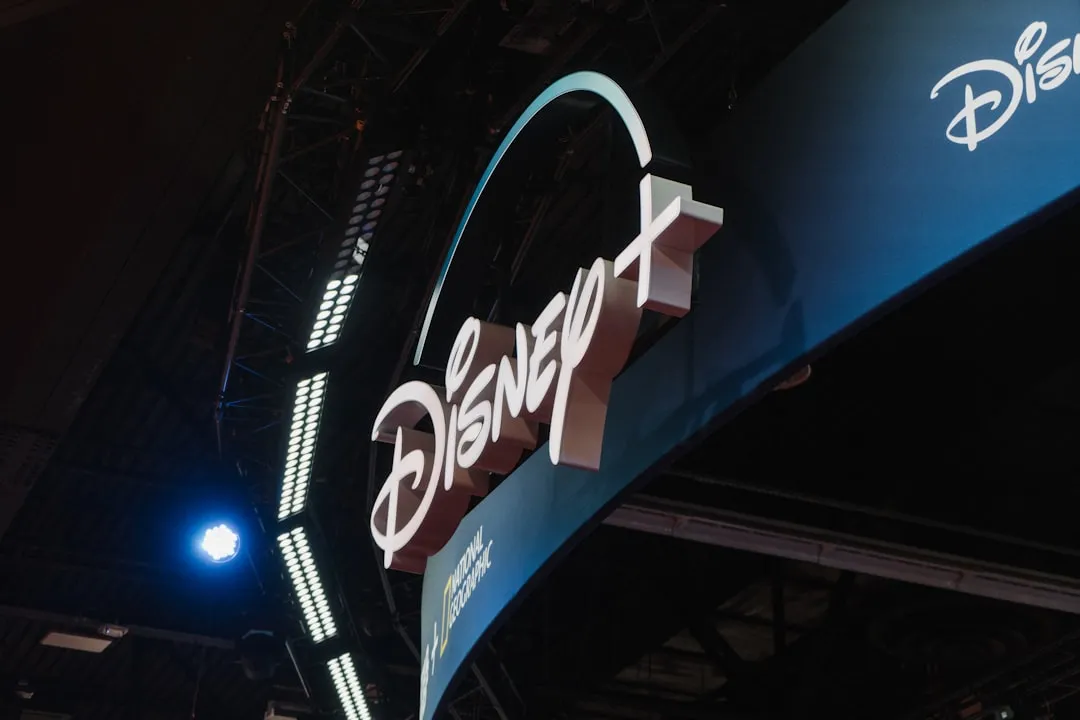



Comments
Be the first, drop a comment!